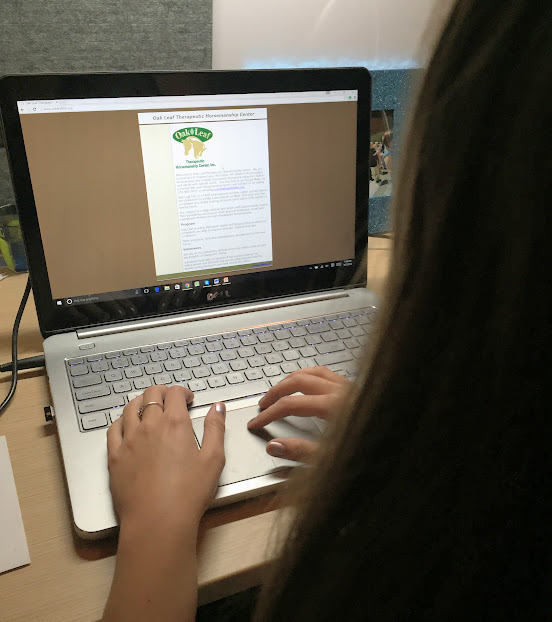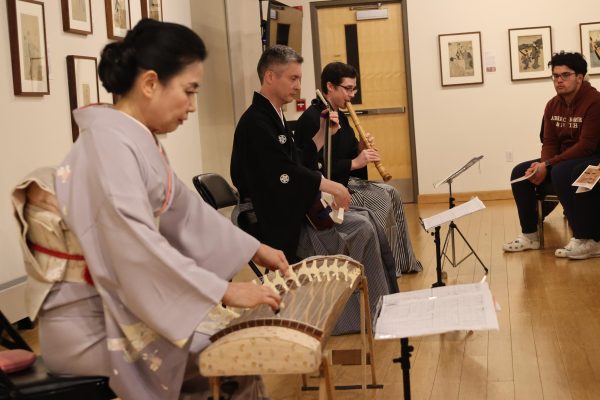New Fall Break Trip: Unique and Popular
September 14, 2016
The university is offering a new, and low cost, fall break trip.
Oak Leaf Therapeutic Horsemanship Center, a certified non-profit organization in Nicholson will accept six students to participate at the camp from October 13 through 16. The camp costs $50 per person, which will cover transportation, housing, and food. Students will work around the farm and help with incoming patients receiving hippotherapy, which is the use of horseback riding as a therapeutic or rehabilitative treatment to improve coordination, balance, and strength. Students will stay in an apartment on the farm. No experience is required, but child abuse clearances are necessary.
Lindsey Riddell, community outreach coordinator, says that there wasn’t a fall break trip last year due to lack of participation. She said many students haven’t been able to pay for the cost of fall break trips because of the high price of distant travel and food, but Oak Leaf is only a 45 minute drive from campus. Early this year she met with Loretta Dragon, the owner of Oak Leaf, and began planning the trip.
“It’s been nine months in the making,” says Riddell.
Dragon owns this horse farm and rescues horses that she feels are being mistreated or malnourished or have an injury.
“She buys them very cheap off of these people and brings the horses back to the farm and rehabilitates them. The horses may be blind themselves, gotten an injury, can’t race, they aren’t show horses anymore. So she works with them until she comfortable enough to let them work with children and adults with disabilities. She almost has 20 horses and is trained in hippotherapy,” Riddell said.
Dragon serves children and adults with disabilities, which may include blindness, developmental disorders and Attention deficit Hyperactivity Disorder.
Taylor Daton, junior occupational therapy major, said it’s important in her field to use many different kinds of therapy. “Everyone is different. Not one therapy is going to work on everybody. You can’t generalize therapy. What works for you might not work for someone else, you always have to be thinking on your feet,” she says.
Riddell says Dragon doesn’t want people to think they can’t receive therapy because they are unable to pay. Therapy is supposed to cost $30 an hour, but she accepts anything a family can give her. When Riddell asked Dragon how much students would need to pay for this trip, Dragon said she would take whatever they can offer. Students will donate to the farm in the form of work, said Riddell.
Riddell said students must go through an interview process. “Will we have to do interviews because more people than space have already applied,” she said.
She said her requirement is that students are passionate about helping people.
“Loretta would love for some occupational therapy students to come up, but she is willing to take any kind of student that you know is passionate about working with these people,” Riddell said.
The University doesn’t offer this type of OT, so the camp would be a learning experience for OT majors, but for any student who wants to get involved.
Riddell hopes the trip’s popularity will make it an annual event.


